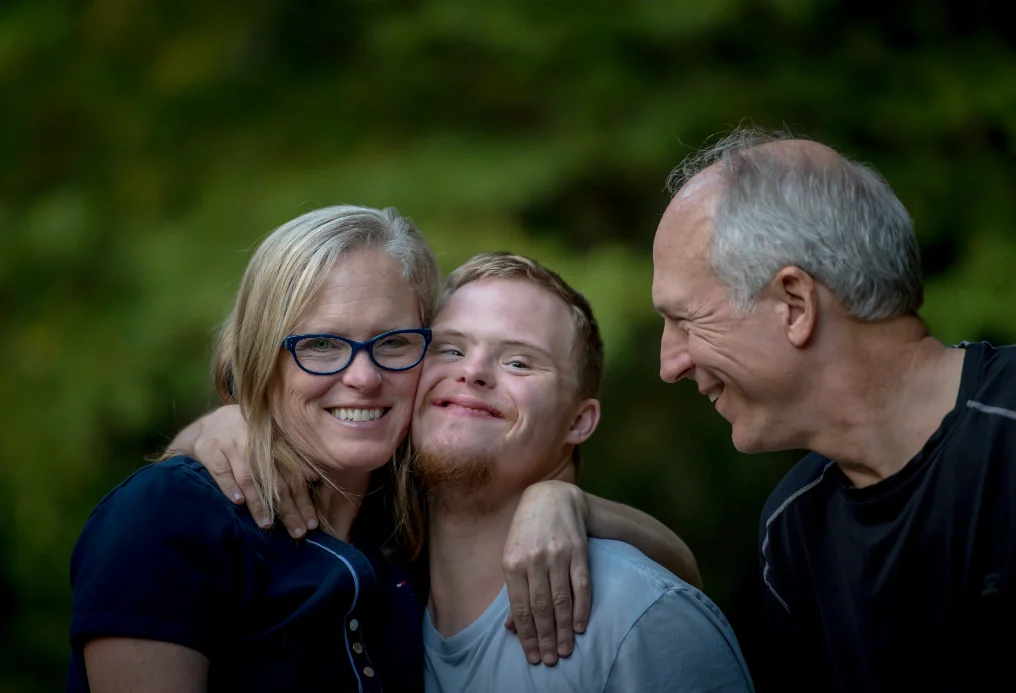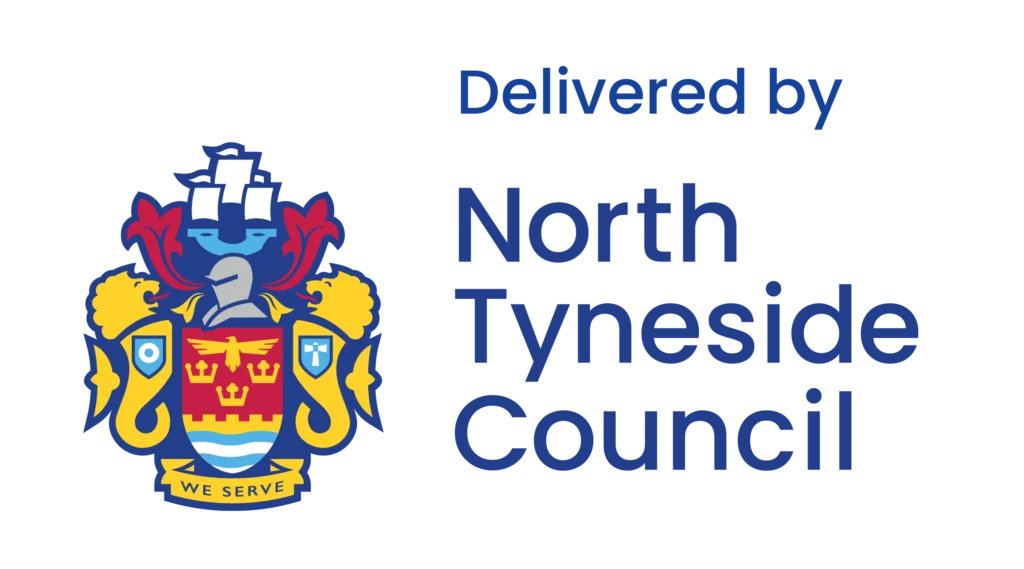Youth Worker
Youth workers play a crucial role in the lives of many thousands of young people. They bring fun, a sense of structure and a whole host of new opportunities to the people they work with, broadening their horizons, boosting their social skills and giving them a place to simply be themselves.
Day-to-day activities
What you’ll do:
- To provide support to young people, some of whom may have additional learning, social, emotional or behavioural needs, or be at risk of exploitation.
- To promote the well-being, safety, and social development of young people through informal learning and recreational support.
- Youth work roles may involve working into community centres, outreach work, or supported housing.
- Work with other professionals, like social workers, teachers, probation officers and the police.
- Support their physical and mental well-being through activities.

Requirements for the role
Skills
What you’ll need:
- Excellent communication skills, with the ability to connect with young people, colleagues and families.
- Creativity in designing engaging and developmentally appropriate activities.
- Organisational skills to create engaging events and activities.
- Crisis intervention and problem-solving skills.
- Literacy skills to maintain accurate records.
- An enhanced DBS (Disclosure and Barring Service) check would be required.
Qualifications
You may also need:
- Level 2 Certificate in Youth Work Practice – you may be able to train ‘on the job’, but voluntary experience would be beneficial.
- 2 to 3 A levels, or equivalent, for a degree.
- You can do a professional youth work qualification, which is a degree recognised by the National Youth Agency.
- You can do a postgraduate qualification to give you professional youth worker status if you have a degree in another subject and relevant experience.
Training & Progression
You can also benefit from:
- Level 3 Certificate / Diploma in Youth Work Practice.
- Degree apprenticeships.
- Access to specialised training and workshops to enhance skills in areas such as trauma-informed care, mental health support and youth engagement techniques.
- Become a team leader, project co-coordinator or service manager.
- Move into a related career and become a social worker, community development worker or counsellor.
You will gain experience of engaging with young people with a variety of needs, some of whom may be experiencing multiple risks and exclusions.
You will gain knowledge of safeguarding, informal education, risk assessment, events and project management.
View our career pathways tool to help guide you with your future in social care.
Browse our learning opportunities page to help get the support you are looking for.
Making people smile
“I’ve always wanted to help people as much as I can, but I never thought I could do it as a job. Being able to make people smile and happy for a job is amazing, it doesn’t feel real it’s out of this world. It’s an amazing thing to be able to do and I’m so pleased I kept an open mind and came into it.”
Liam Scope-Mearns

